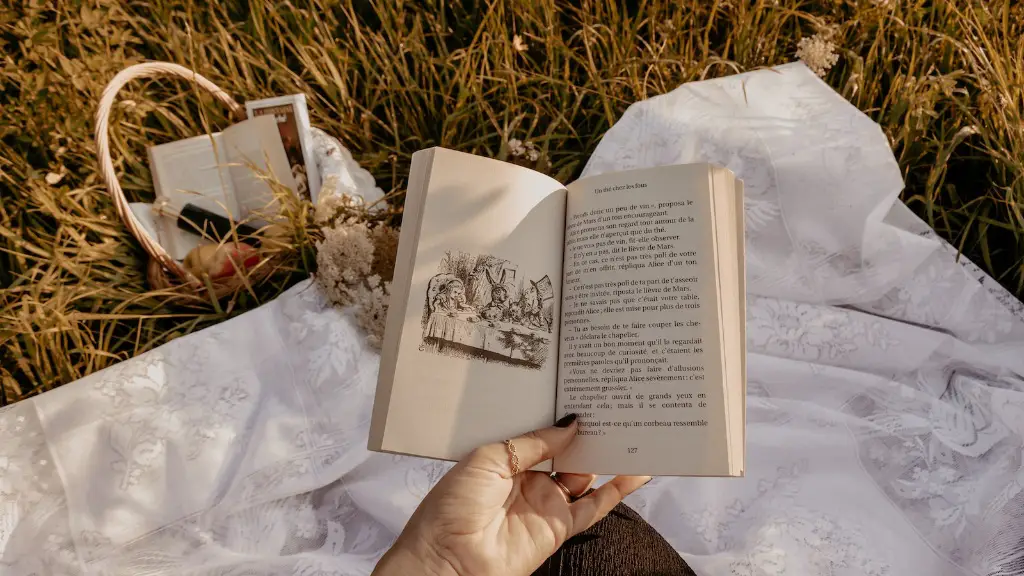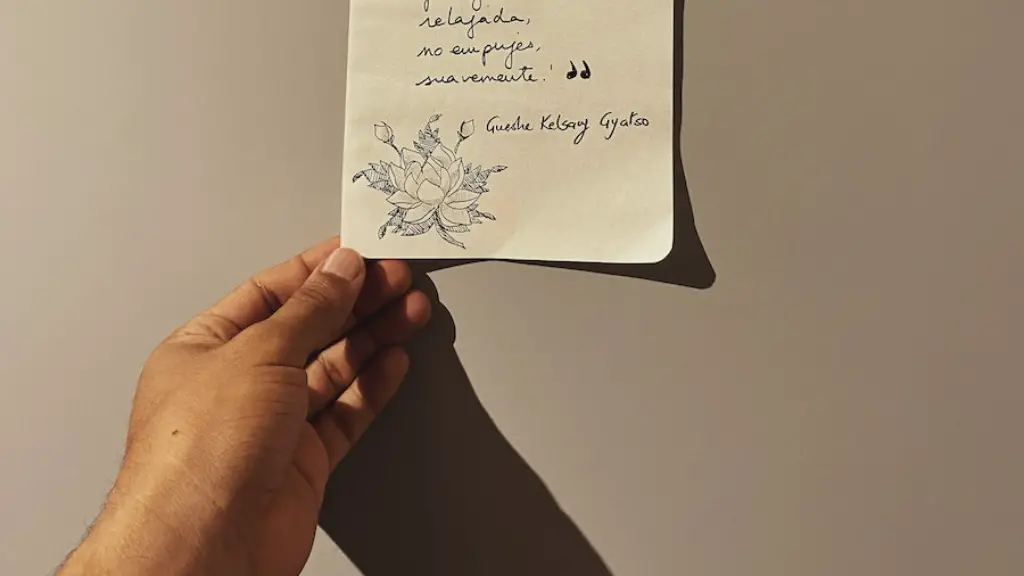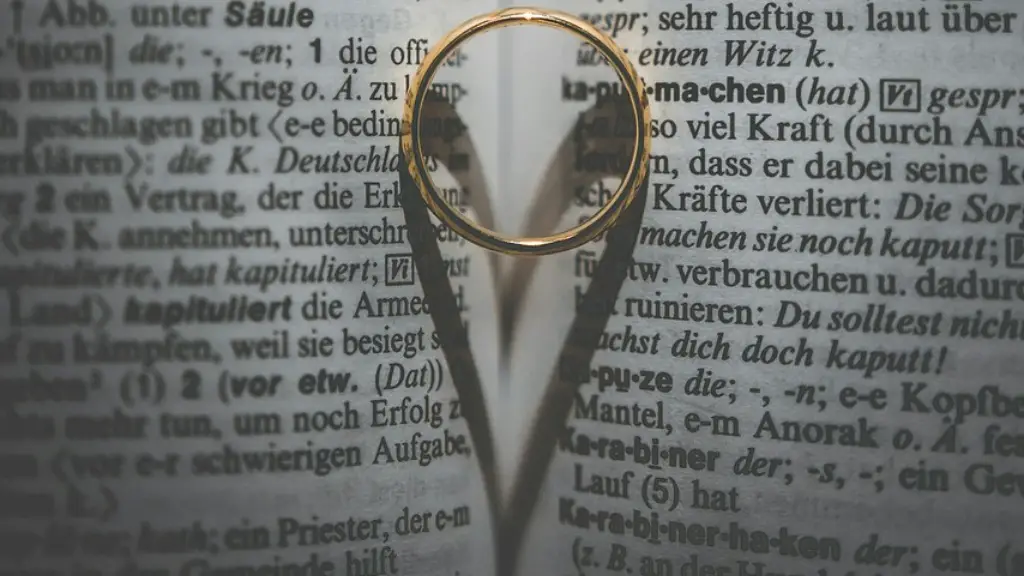Poetry has been around since the dawn of language, yet there are few things in life so universally beloved, yet so divisive, in its readership. Those who love reading poetry are often passionate about the unique power of the language, and emotionally affected by the beauty of the words. But those who do not like to read poetry, question why they should read something they don’t understand, and find it inaccessible. Since reading poetry is an acquired taste and appreciation,it can take time to develop an admiration for the written word.
Contrary to popular belief, poetry does not necessarily involve laughing at or a trite or full of metaphor. The contemporary movement in poetry has been to confront the reader with concise, meaningful language that conveys dynamic, sometimes edgy and true-to-life narratives and experiences. Poems have emerged as part of a modern and diverse tapestry where different genres, forms, and styles interlock in powerful ways. Through such language, the poet seeks to share their story, and to connect and empathize with the audience.
However, with the advent of the internet, there is an overwhelming amount of writing to choose from. As of 2018, over 250,000 books published each year contain some form of poetry. With this in mind, it’s easier than ever before to get lost trying to find something meaningful and emotionally engaging. To tackle this problem, reading poetry books that feature a variety of written forms and styles from authors from various backgrounds has become an efficient way to take in the world of poetry.
In order to appreciate and truly enjoy reading poetry, it is important to understand what the poem is trying to get across, and to understand the style in which it is written. Read through the poem slowly and carefully and if you find particular words or phrases that confuse you, try looking them up. Remember, the poet is trying to convey their own story, and understanding their language and context will help to bring the poem to life.
Especially helpful are classes where a person is taught to enjoy poetry by a professional teacher. This kind of environment allows students to understand the complexities of the form and develop a better appreciation of the style of different poets. It also encourages active engagement with the works, and to explore the literary world in a more meaningful and engaged way.
In summary, reading poetry is not as intimidating and hard to understand as once thought to be. Despite the huge array of poems available, those looking to reconnect with poetry can still find the value in it once knowing what to search for. This knowledge can be acquired by understanding the tone, style and context of the poem, or through attending classes with a professional teacher dedicated to helping people find their access points into reading poetry.
History Of Poetry
From the ancient poetry of Homer and Sappho to the greats such as Wordsworth, Shelley, Frost and many others, poetry has been around for centuries. Through its lengthy existence, poetry has evolved to encompass an incredible array of forms and styles. From epic verse to free verse to lyric poetry, these forms and styles differ wildly but can all be used to powerful effect in telling the poet’s story.
The modern-day intrigue of poetry can largely be credited to the Romantics. This movement in the late 18th century was hugely influential in sparking the passionate appreciation of literature and of nature. It was in the 19th century that English literary giants such as Wordsworth, Keats and Shelley began to craft their works. Whilst these works were widely praised, they actually in turn received criticism and scorn by some who found them overly melancholic and expressive.
In the 20th century, the framework of classicism was replaced by a new kind of free-flowing style with more of an abstract and emotive appeal. Modern poets such as T.S. Eliot, W.H. Auden and Dylan Thomas soon followed the suit of the Romantics and developed their own characteristic style in the world of literature.
It has been said that ever since the influence of the greats, poetry has become increasingly elastic in its appeal. Through such versatility, readers were not only able to relate to a poem because of its narrative and form but also through increased understanding of its culture, subject and context.
Benefits Of Reading Poetry
Reading a poem is no easy task, but the effort put in often comes with great rewards. The form of poetry requires the audience to create their own connections and to bring it to life with interpretation. Deep meaningful poems transport the reader to a new world and help them gain greater self-awareness and feelings of connection with the world and other people.
To read poetry with affectation is to take in a story and feel it deeply with one’s own mind. This can extend to real life, and deepen the understanding to everyday experiences. Responses to poems have even been shown to decrease stress levels and increase positive emotions in the reader.
Moreover, poetry can be found in almost all forms of art, from music and movies to theatre and dance. Whether it’s rap music, musical theatre, or movie scripts – alloys of poetry find themselves in almost all forms of modern media. This phenomenon shows how relevant and current poetry still is, even in the 21st century.
Reading poetry, therefore, can take on an instrumental role in a person’s appreciation of the world around them. It enables us to see, feel and connect at a deeper level and provides a new way to approach the challenges of life.
Foundation Of Poetry
To understand poetry to its fullest, it’s important to have historical context and to recognize the work and impact of the masters before us. A particularly helpful approach is to explore the words and opinions that have been passed down through generations, arguably none more influential than the doctrine of Aristotle.
Aristotle’s Poetics, written in the 4th century BC, is an invaluable book which still to this day serves as the foundation of literature. He believed that poetry can be evaluated by three key principles: plot, character and thought. It’s through this framework that the art form of poetry can be understood more deeply and what to look out for when reading it.
Meanwhile, the impression that poetry makes deepens when one understands its contrast to other forms of art. Though poetry shares many of the same elements of pros and prose, it is the powerful range of emotions that truly sets it apart. This is what draws people to poetry, and why it has remained a constant source of inspiration for generations.
What’s more is the presence of poetry doesn’t end with the verse written down on paper. Through poetic performance and the spoken word, poets have revived the spirit of the written word, bringing the art-form to life with theatrical interactions and complex rhythms.
Approaches To Analyzing Poetry
Reading and analyzing poetry can be immensely satisfying. But understanding the language of poetry can be difficult, as much of its meaning is packed into a few short lines. To make sense of this, it is important to develop approaches to analyze a poem.
A great way to get a better understanding of the poem is to take the time to analyse it line-by-line. This means paying attention to the words used, how they are structured and the feeling that they evoke. It is important to read the entire poem several times in order to get an understanding of the overall tone, as well as make sure there are no phrases that may have been missed.
Another useful approach to analysing a poem is to break it down into its different parts. This includes looking at the title, the stanzas, the rhyme and the narrative structure. These components can give clues as to the direction of the poem, and help to piece together a story.
Moreover, paying attention to sensory information found in the poem has proven to be quite effective. Words that quilt together a tactile or aural experience often serve to elicit powerful emotions and draw the reader closer to the story. This enhances the overall understanding of the poem’s message in a very succinct way.
Conclusion
Reading poetry is a great way to explore the depths of language, culture and emotion. Though it can take some effort to understand, this effort is often rewarded with a deeper appreciation of the world and our own lives. Through understanding the nature of poetry and applying approaches to analyzing it, readers can come to understand the power and impact of the written word.





